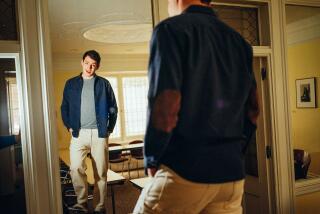- Share via
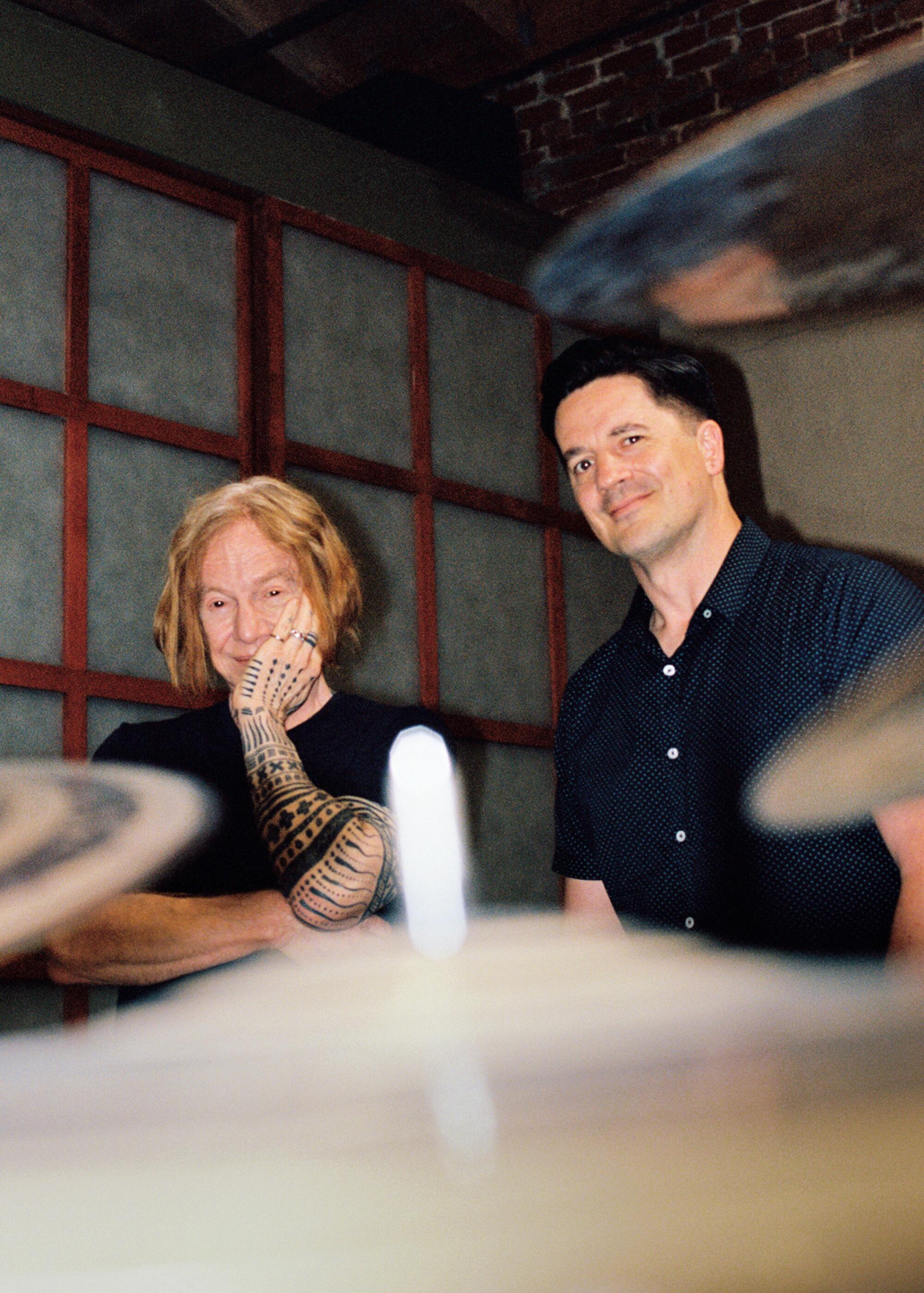
Her spooky family already, automatically comes with a lot of identifying traits. And just like her sentient severed hand companion and host of macabre hobbies, Wednesday Addams also comes with a musical signature: four rising harpsichord notes and two finger snaps.
“It’s so iconic,” says Danny Elfman, who scored the new Netflix series “Wednesday.” “So I felt that it was appropriate to create links to it — just a bit of nostalgia.”
But Elfman also wanted to give this Wednesday, played by Jenna Ortega, her own unique signature. His Emmy-nominated main title theme takes the seeds of those harpsichord notes from the 1964 TV series “The Addams Family” and ramps them up with teenage energy by way of an industrial electronic beat and drums, and spinning out into a classic Elfman tune played on solo cello and complemented with a spooky theremin and female choir.
There’s a bit of the same brooding superhero energy in it that Elfman has brought to signature themes for the likes of Batman and Spider-Man. “I wanted the titles to have a heavier feeling than going back to the ’60s,” he says. “She has more weight and gravity.”
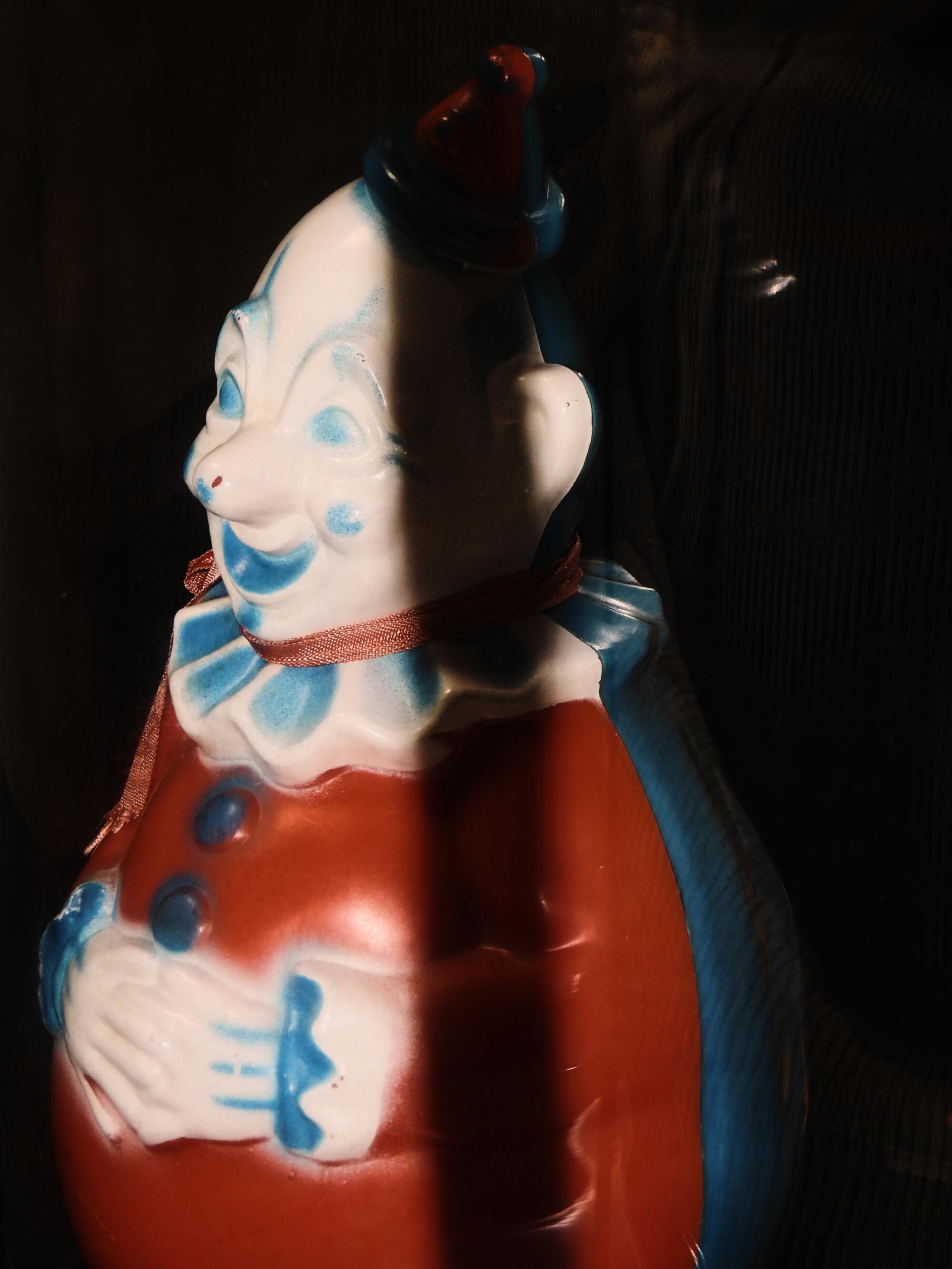
Elfman and his longtime director, Tim Burton, are no strangers to reimagining pop culture icons or dancing with the macabre — the composer’s L.A. studio looks like it was designed by Wednesday herself, complete with shrunken heads and skeletons — so it’s remarkable that neither of them had paid a visit to the Addams Family until now.
“When Tim called, when I first heard about, ‘Oh, we’re doing ‘Wednesday,’” Elfman said, “instead of shock, it was kind of like: ‘What took you so long?’”
Burton directed the first two episodes of the Netflix series, and originally Elfman was going to score only those two hours. They treated the opening chapter like a movie, spending a month developing musical themes and scoring it with cinematic orchestration. Then Elfman’s two-episode order became four, and he realized he needed help — so he lit up the Bacon signal.
Chris Bacon, 46, has worked with Elfman on several film projects including “Men in Black: International” and “Doctor Strange in the Multiverse of Madness.” Bacon jokes that he sits, ready, behind a plate of glass with a sign that says: “Break in case of emergency.”
Elfman, who after this interview was in the news over a 2018 lawsuit alleging sexual misconduct, learned early on that Bacon can write in his voice, get inside his weird musical skin.
“When I’m collaborating with Danny,” says Bacon, “I try to approach whatever thematic material or tone that he’s set as if I wrote it. I try to get inside of it and understand it and know it well enough that it’s in my head, hopefully, as clearly and cleanly as it is in his.” In the case of “Wednesday,” he adds, the tone was “macabre Gothic, but there’s a wink to it as well.”
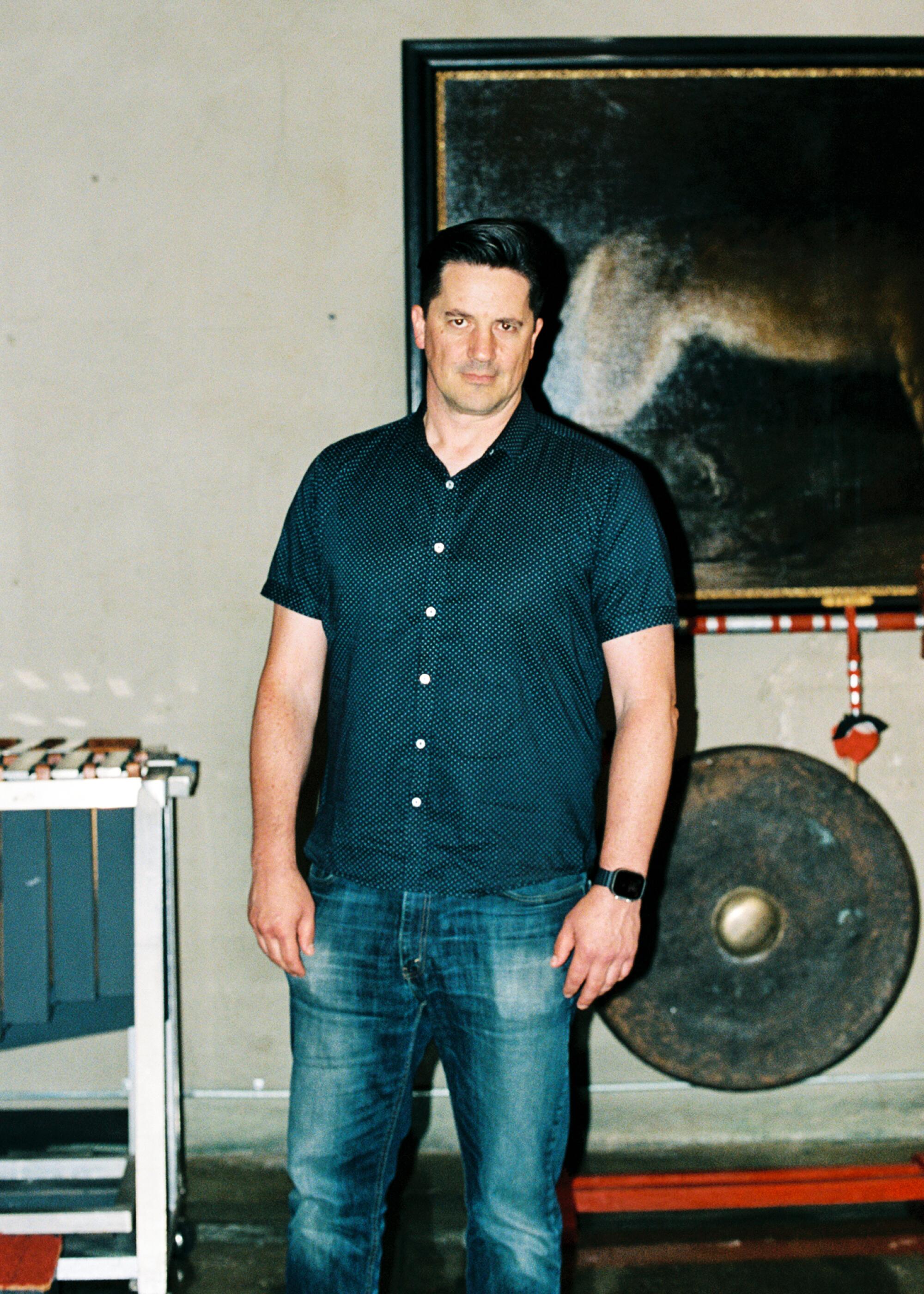
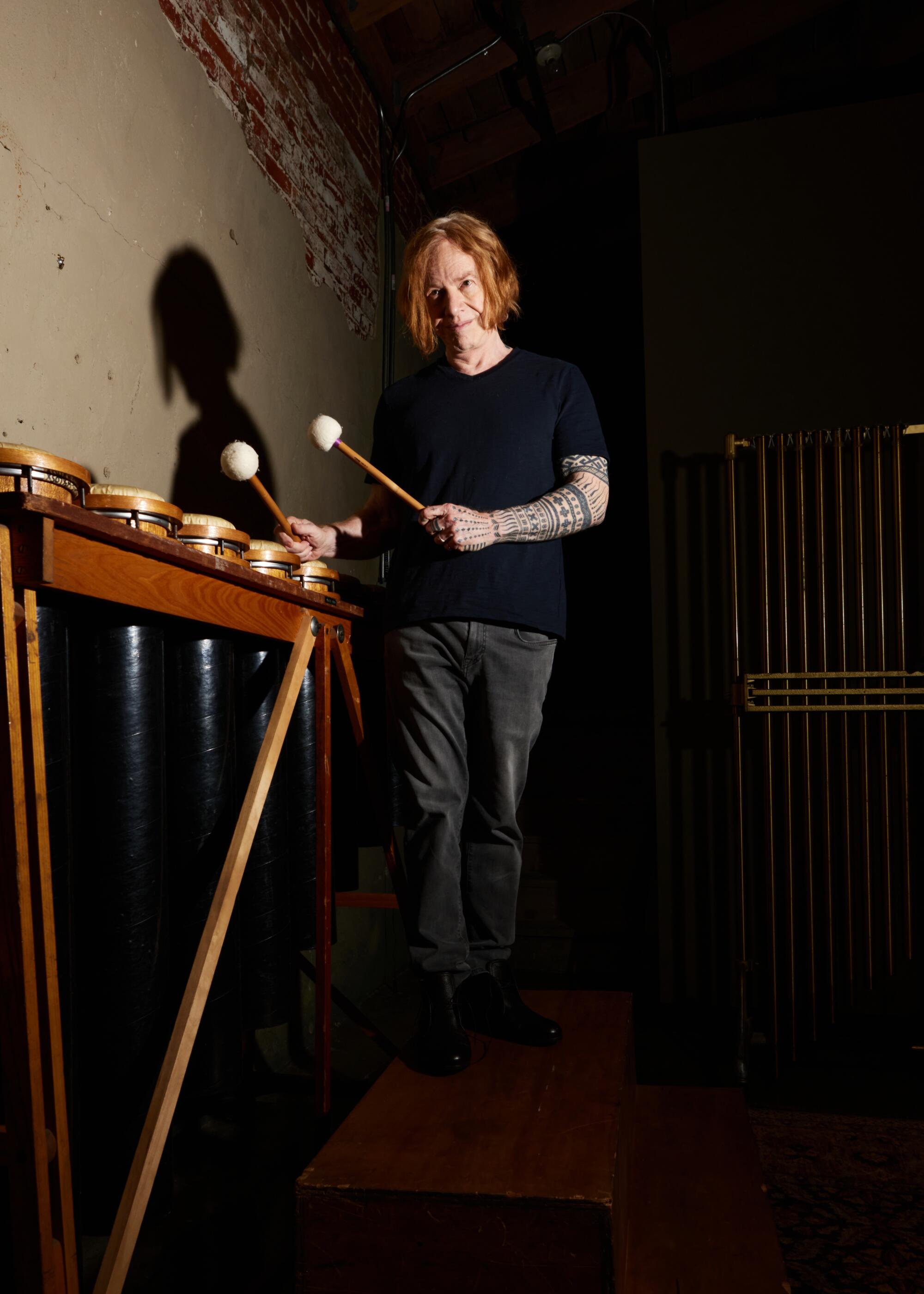
Burton never likes his comedy scored with “funny” music. For his humor — which in “Wednesday” includes the character’s death-dry wisecracks and interactions with Thing (the roving hand) — Elfman says it’s funnier when “you’re putting something dark or serious underneath something ridiculous.”
After developing the musical world for Episode 1, Elfman and Bacon had 10 days to compose each of the remaining episodes. (Bacon scored the final four on his own.) Elfman has written themes for television before — most famously for “The Simpsons” — but he had never scored episodic television. He was overwhelmed by the sheer volume of music required, melodic and narrative in nature and composed for a live orchestra like any big movie.
“I’m like, ‘This is impossible,’” said Elfman. Bacon replied: “It’s impossible — but we’ll do it.”
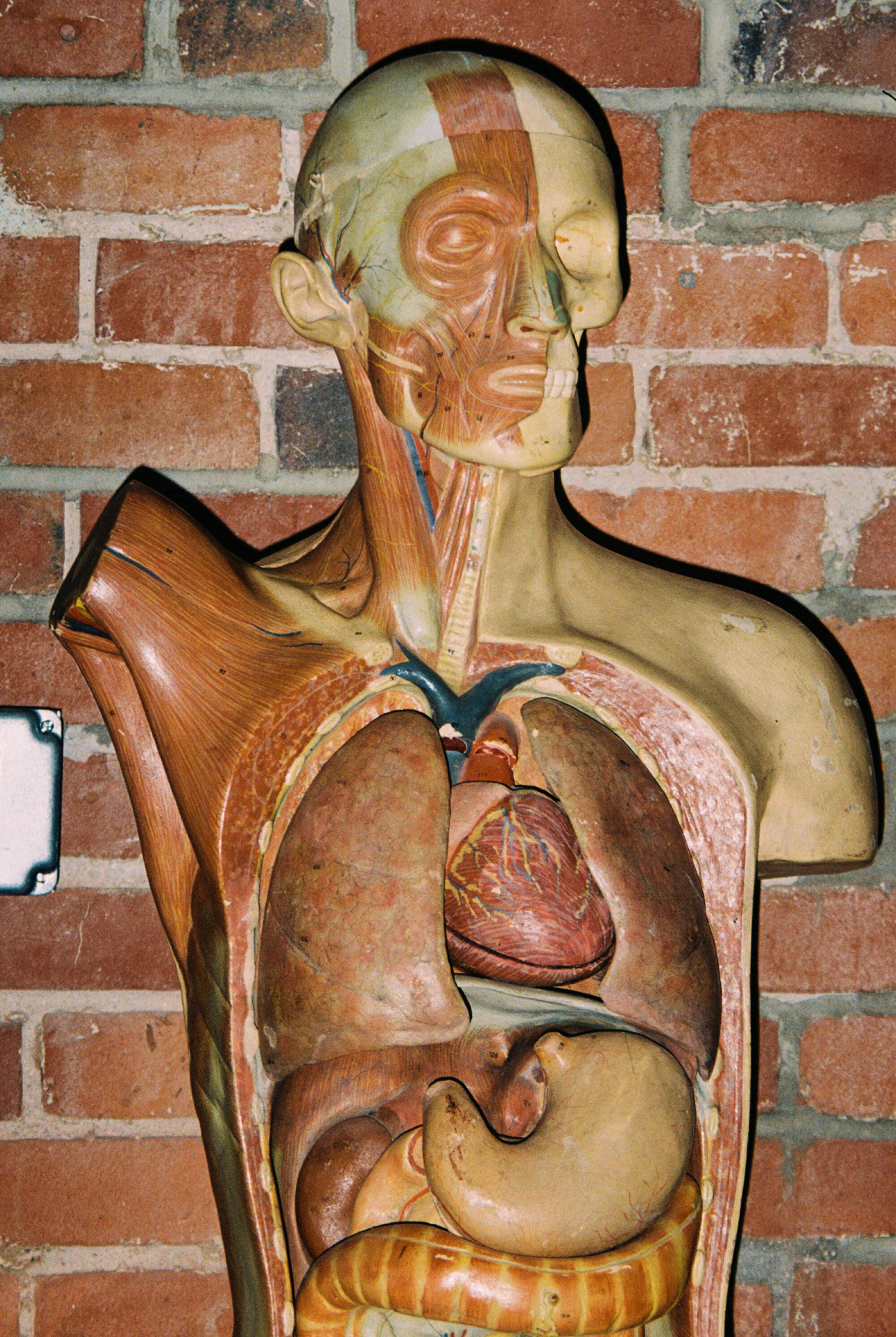
The duo earned an Emmy nomination for the second episode, “Woe Is the Loneliest Number,” in which Wednesday investigates the mysterious reappearance of a classmate whose murder she witnessed, grapples with prophetic visions and participates in a school canoe race against her more antisocial instincts.
Bacon wrote a brass fanfare for the “Poe Cup” race, directed by Burton to make it sound like “1980s ESPN.” For an exciting set piece where Thing follows the seemingly not-murdered boy into a train station, Elfman chased the action with dancing strings, pulsing voices, timpani and a high-speed harpsichord solo.
The orchestra was recorded in Budapest, Hungary, for budgetary reasons, although fitting for a show that was filmed in neighboring Romania. The harpsichord was a digital sample, and when asked if he would ever want the real thing, Elfman dryly said: “I could care less. Harpsichord doesn’t interest me as a playing instrument at all. I just like the sound.”
Thankfully for his fans, Elfman is still interested in making music, including his current tour, which sees him at San Diego’s North Island Credit Union Amphitheatre on Aug. 3 and at Irvine’s Fivepoint Amphitheatre on Aug. 5.
But he’s not sure if he wants to score more episodic TV, particularly with a full orchestra. “I would probably be happier with just a little bit of a simpler palette to work with,” he says, “than if it’s like a full-blown, complicated, intricate movie score for eight or 10 episodes.”
So, maybe just a harpsichord and finger snaps next time.
More to Read
Sign up for The Envelope
Get exclusive awards season news, in-depth interviews and columnist Glenn Whipp’s must-read analysis straight to your inbox.
You may occasionally receive promotional content from the Los Angeles Times.


